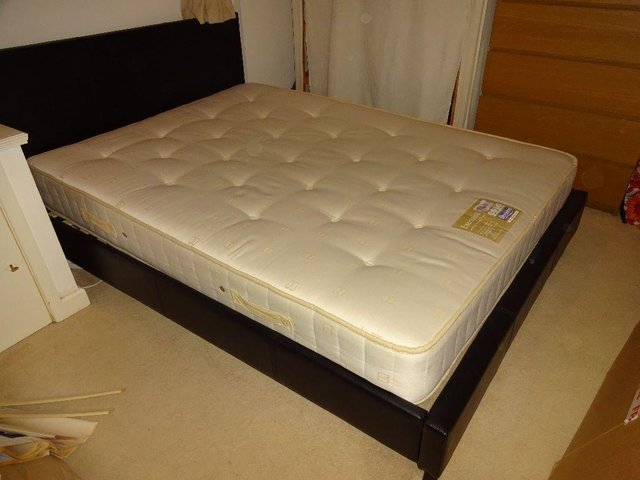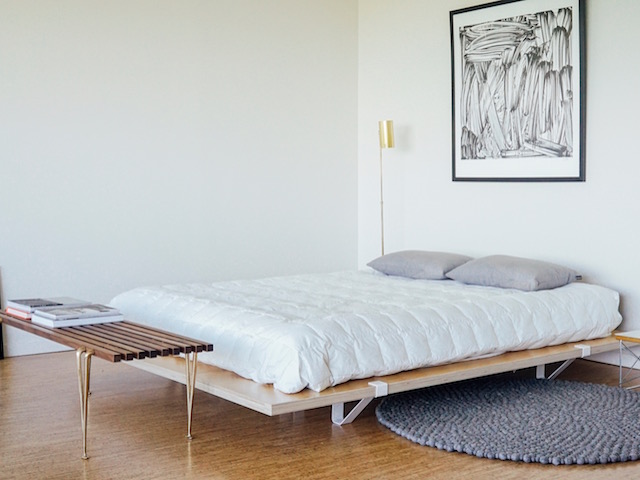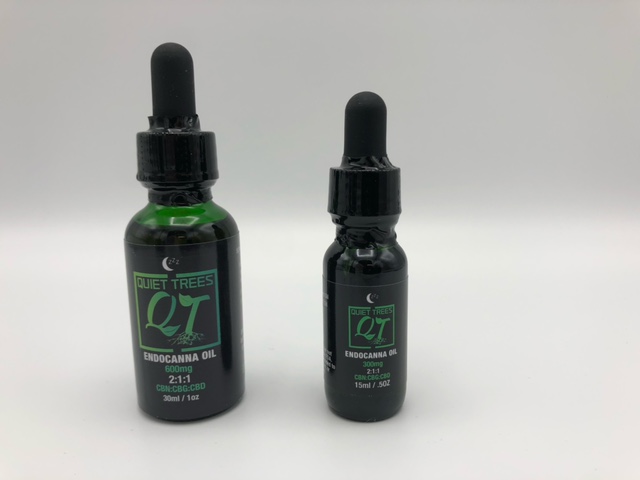Sleep is a very important aspect of your child’s health and well-being. In fact, good sleep habits start at birth.
Children who don’t get enough sleep can have a hard time getting through their day. At night, they may have trouble falling asleep.
How much sleep does my child need?
Every child is different. Some sleep a lot and some sleep a lot less. The following table gives a general idea of how much sleep children need over a 24-hour period, whether it’s sleep at night or naps during the day.
Babies (birth to 4 months)
Newborns can sleep up to 18 hours a day, 3 to 4 hours at a time. It is normal and healthy for babies to wake up at night to drink. As your baby gets older, he or she will stay awake longer during the day and sleep longer at night.
Just like adults, babies need the right cues to learn when it’s time to sleep. For example, if you always put your baby in her crib to sleep, she’ll learn that this is where she sleeps. Even if he doesn’t understand right away, your baby will eventually make the connection.
Shortly after 3 months of age, your baby will have developed more predictable sleep patterns, and you’ll be able to establish a more regular nap schedule. Trust the cues your baby gives you. He’ll let you know he’s tired. A sleep diary will help you develop a regular sleep pattern.
It’s a good idea to establish a routine before naps. This routine can include a hug and a short story in a dark room.

Healthy sleep habits for your young baby
A child who is too tired will have more trouble sleeping. Napping helps the baby sleep better at night. If you keep him awake during the day, you won’t help him sleep longer at night.
Put your baby to bed while he’s sleeping, but before he falls asleep.
Remember to put your baby to sleep on his or her back in the crib on a firm, flat surface and avoid soft surfaces such as pillows and stuffed animals.
There is nothing wrong with cuddling and rocking your baby. You can’t spoil a newborn baby by hugging him or her.
A soother (pacifier) can comfort your baby and help him or her fall asleep.
However, wait until breastfeeding is well established before you start using it.
Your baby will wake up during the night. Give her a few minutes to fall back asleep on her own before going to bed.
Avoid stimulating your baby when feeding and changing diapers during the night. Keep the lights dim.
Babies (4 to 12 months)
At this age, babies sleep about 14 hours a day, but it may be normal to sleep more or less. By 4 months, most babies need three naps a day, one in the morning, one in the afternoon and one in the early evening.
Between 6 and 12 months of age, your baby will probably go from 3 naps a day to 2 longer naps in the morning and afternoon. Each baby’s needs are different. Some babies nap for as little as 20 minutes, while others sleep for 3 hours or more.
Healthy sleeping habits for your baby
If possible, maintain a regular nap and bedtime schedule.
It is important to maintain a stable routine. Many parents like to use the same 3 elements: giving her a lukewarm water bath, reading her a book and getting her into bed. Avoid putting your baby to bed with a bottle. This habit promotes tooth decay.
Around 6 months of age, if your baby wakes up at night and cries, check on him to make sure he’s okay, not too cold or too hot, but don’t take him out of his crib.
Comfort him by flattering his forehead or talking softly to show him you’re there. This will help him learn to comfort himself, which is important for him to learn how to go back to sleep.





